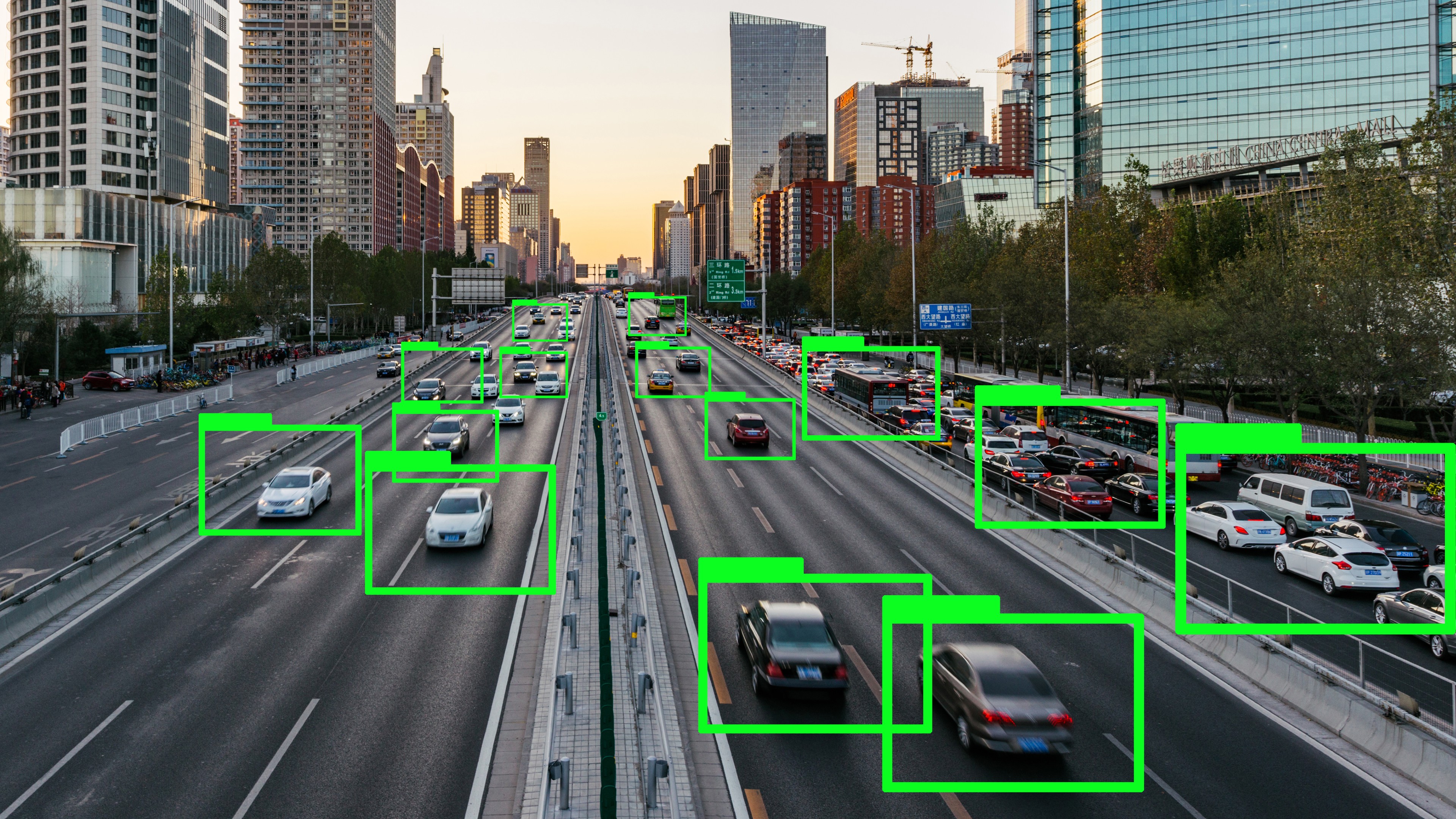Chinese electric cars may be coming to spy on you
The Biden administration investigates Chinese electric cars as a potential economic and national security threat


A free daily email with the biggest news stories of the day – and the best features from TheWeek.com
You are now subscribed
Your newsletter sign-up was successful
The Biden administration said this week it was investigating whether Chinese electric cars and other internet-connected vehicles could pose a national security threat on American roads. Echoing U.S. concerns about other Chinese high-tech gear, Commerce Secretary Gina Raimondo said these cars are like "smartphones on wheels." "They collect huge amounts of sensitive data on the drivers — personal information, biometric information, where the car goes,’' she said, as quoted by The Associated Press last week. "So it doesn't take a lot of imagination to figure out how a foreign adversary like China, with access to this sort of information at scale, could pose a serious risk to our national security and the privacy of U.S. citizens."
President Joe Biden said his administration intends to head off "undue" intelligence or economic risk before any damage occurs. "China's policies could flood our market with its vehicles, posing risks to our national security," Biden said. "I'm not going to let that happen on my watch." Chinese Foreign Ministry said Chinese electric cars were growing more popular not because of "so-called unfair practices" but because market competition had encouraged innovation. Cui Dongshu, secretary general of China Passenger Car Association, said it was "unfair to target cars from a specific country and impose restrictions on them exclusively," when EVs and other high-tech cars made everywhere have the same kind of sensors.
The potential impact of China's fast-growing EV industry took on new urgency recently, after Chinese EV and hybrid maker BYD surpassed Tesla as the world's biggest EV company by sales in the fourth quarter of 2023. Few Chinese vehicles have been brought to the U.S. so far, but some analysts predict the United States and other Western nations could soon be flooded with Chinese electric cars. BYD said last week it would start selling its Dolphin Mini EV in Mexico for the equivalent of about $21,000, less than half the sticker price of the cheapest Tesla model, said Reuters. Is the alarm over Chinese EVs justified or overblown?
The Week
Escape your echo chamber. Get the facts behind the news, plus analysis from multiple perspectives.

Sign up for The Week's Free Newsletters
From our morning news briefing to a weekly Good News Newsletter, get the best of The Week delivered directly to your inbox.
From our morning news briefing to a weekly Good News Newsletter, get the best of The Week delivered directly to your inbox.
The concern about Chinese electric cars is real
The U.S. government's "fears" about Chinese electric cars come as China "automakers such as BYD and Geely have become major global players" in the booming market, said Aarian Marshall and Will Knight in Wired. The latest vehicles, especially electric ones, are "increasingly computerized," and their connection to the internet has made them "vulnerable to new security threats." The added sensors and cameras used in their automated driving systems "can also make them mobile repositories of personal information" nobody would want to fall into the wrong hands.
China is fully aware of the potential security threat these vehicles could pose, said Mackenzie Hawkins at Bloomberg. "Beijing has its own restrictions on foreign vehicles operating in the world's second-largest economy, including a ban on Tesla cars from certain government and military locations over national security concerns." China also has imposed regulations forcing car makers "to store and process troves of data within the country — a rule that could cover sensitive personal information collected by EVs, from license plates to facial characteristics."
Chinese EVs aren't a threat, yet
Any U.S. national security risk from Chinese cars, "if any exists, is still years away," said Justin Westbrook at MotorTrend. It won't become an immediate concern until the day "when (if) Chinese cars might first start showing up stateside." Chinese vehicles face a 27% tariff (imposed by former President Donald Trump). "So far, no Chinese automakers have established sales of any homegrown vehicles in the U.S., save for maybe Geely-owned Polestar." The growing presence of Chinese automakers in Mexico has "stoked fears of Chinese-branded cars potentially crossing the border into the American market under the USMCA trade deal" between the U.S., Mexico, and Canada, but BYD "recently and repeatedly denied any current plans to launch their vehicles for sale in the U.S. market anytime soon."
Chinese EVs may not have made it onto U.S. roads yet, but "BYD, which is backed by Warren Buffett, has set its sights on North America," said Gareth Vipers in The Wall Street Journal. The mere possibility will be enough to guarantee more scrutiny as the presidential campaign kicks into high gear. "The new U.S. probe underscores how the auto industry is moving to center stage as both President Biden and former President Donald Trump seek to take a tougher stance against China ahead of the presidential election this year."
A free daily email with the biggest news stories of the day – and the best features from TheWeek.com
Harold Maass is a contributing editor at The Week. He has been writing for The Week since the 2001 debut of the U.S. print edition and served as editor of TheWeek.com when it launched in 2008. Harold started his career as a newspaper reporter in South Florida and Haiti. He has previously worked for a variety of news outlets, including The Miami Herald, ABC News and Fox News, and for several years wrote a daily roundup of financial news for The Week and Yahoo Finance.
